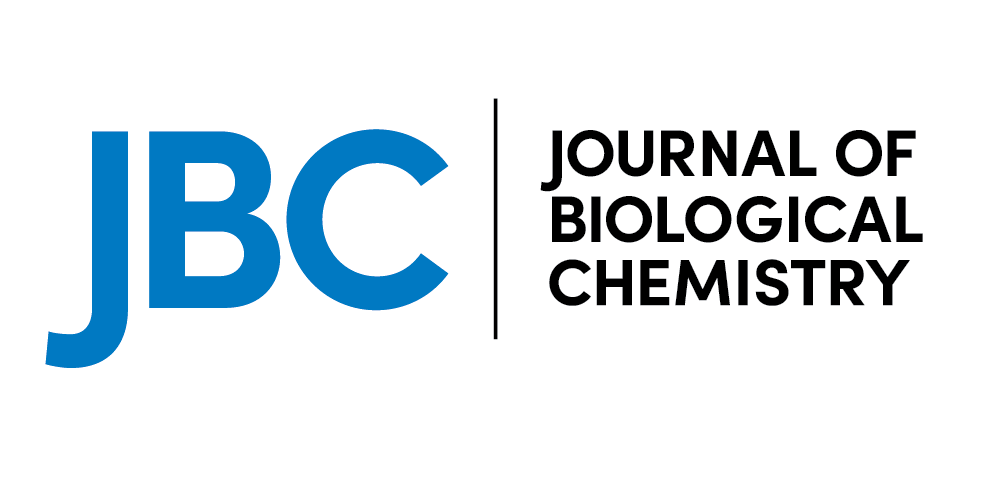|
Anapafseos 5 Agios Nikolaos 72100,Crete,Greece,00302841026182,00306932607174,alsfakia@gmail.com
Blog Archive
- ► 2022 (3010)
- ► 2021 (9899)
-
▼
2020
(4138)
-
▼
November
(1979)
-
▼
Nov 15
(77)
- China/Asia On Demand (CAOD)/Asia Document Delivery
- [ 68 Ga]Ga-tilmanocept PET/CT lymphoscintigraphy f...
- microRNA-365 inhibits YAP through TLR4-mediated IR...
- The effects of art therapy on anxiety, depression,...
- [ASAP] Kekulene: On-Surface Synthesis, Orbital Str...
- PD-L1 correlates with chemokines and cytokines in ...
- Comparison of loop-mediated isothermal amplificati...
- The selective anti-proliferative and pro-apoptotic...
- Cellular basis of ClC-2 Cl- channel-related brain ...
- Mutant BIN1-Dynamin 2 complexes dysregulate membra...
- 14-3-3 protein Bmh1 triggers short-range compactio...
- Lacritin proteoforms prevent tear film collapse an...
- Linker residues regulate the activity and stabilit...
- Repurposing p97 inhibitors for chemical modulation...
- Loss of versican and production of hyaluronan in l...
- Intracranial hemangiopericytoma showing excellent ...
- Antibiotics, Vol. 9, Pages 810: Healthcare Challen...
- Antibiotics, Vol. 9, Pages 811: Antimicrobial Acti...
- Cancers, Vol. 12, Pages 3371: Promising Therapy in...
- Risk of somatic diseases in offspring of survivors...
- GSDME and its role in cancer: from behind the scen...
- Risk of cardiovascular disease following GnRH agon...
- Panel gene profiling of small bowel adenocarcinoma...
- Group hypnosis for stress reduction and improved s...
- Virtual screening and network pharmacology-based s...
- IQGAP1 binds AMPK and is required for maximum AMPK...
- Allosteric regulation of the nickel-responsive Nik...
- Epigenetic modification‐dependent androgen recepto...
- Using protein microarray to identify and evaluate ...
- Tumor mutation burden as a biomarker for lung canc...
- Aberrant expression of JAM‐A contributes to the ma...
- Emerging role of AMPA receptor subunit GluA1 in sy...
- Co‐option of PPARα in the regulation of lipogenesi...
- Reduced neuropathy target esterase in pre‐eclampsi...
- DNA polymerase eta: A potential pharmacological ta...
- Morphine promotes tumorigenesis and cetuximab resi...
- Interleukin‐33 alleviates diabetic cardiomyopathy ...
- PBK promotes aggressive phenotypes of cervical can...
- The impact of a rectal hydrogel spacer on dosimetr...
- Biosensors, Vol. 10, Pages 177: Microfluidic Packa...
- Novel Variants in EDNRB Gene in Waardenburg Syndro...
- Cancers, Vol. 12, Pages 3374: Tumor MHC Expression...
- Cancers, Vol. 12, Pages 3375: The Prognostic Role ...
- Different Risk Profiles of European Patients Using...
- The Human Leukocyte Antigen Class II Immunopeptido...
- Use of decision aid to improve informed decision-m...
- Antimicrobial peptides in the seedling transcripto...
- Combining epigenetic and clinicopathological varia...
- DLDTI: a learning-based framework for drug-target ...
- The Use of New Mobile and Gaming Technologies for ...
- Prognostic factors and survival according to tumou...
- Development and utility assessment of a machine le...
- Recent epidemiology of patients with gastro-entero...
- Sarcomatoid variant urothelial carcinoma of the bl...
- Energy and caloric restriction, and fasting and ca...
- Prevalence of medication related osteonecrosis of ...
- Intestinal and Extra-Intestinal Manifestations of ...
- Embryo incubation by time-lapse systems versus con...
- Optimal VAsopressor TitraTION in patients 65 years...
- Relationships among shift work, hair cortisol conc...
- Assessment of a patient-reported outcome measure i...
- Vascular and metabolic risk factor differences pri...
- Efficacy and safety of early treatment with sarilu...
- Association of nephrolithiasis with the risk of ca...
- ASPIRE trial: study protocol for a double-blind ra...
- Cancers, Vol. 12, Pages 3377: Tumor Microenvironme...
- Cancers, Vol. 12, Pages 3378: The Non-Coding Lands...
- Cancers, Vol. 12, Pages 3379: Osteopontin: A Key R...
- Cancers, Vol. 12, Pages 3381: Outcome of Targeted ...
- Cancers, Vol. 12, Pages 3380: Cancer-Associated An...
- Clinical Challenges in the Management of Hormone R...
- Ethosuximide Induced Macroglossia and Oropharyngea...
- JPM, Vol. 10, Pages 231: Ocular Vascular Changes i...
- Contralateral tension pneumothorax during video-as...
- A Subset of Intrahepatic Cholangiocarcinomas Expre...
- Human papilloma virus (HPV) integration signature ...
- Cancers, Vol. 12, Pages 3382: Comprehensive Gene M...
-
▼
Nov 15
(77)
-
▼
November
(1979)
- ► 2019 (2429)
Αλέξανδρος Γ. Σφακιανάκης
Sunday, November 15, 2020
Loss of versican and production of hyaluronan in lung epithelial cells are associated with airway inflammation during RSV infection [Glycobiology and Extracellular Matrices]
Subscribe to:
Post Comments (Atom)



No comments:
Post a Comment